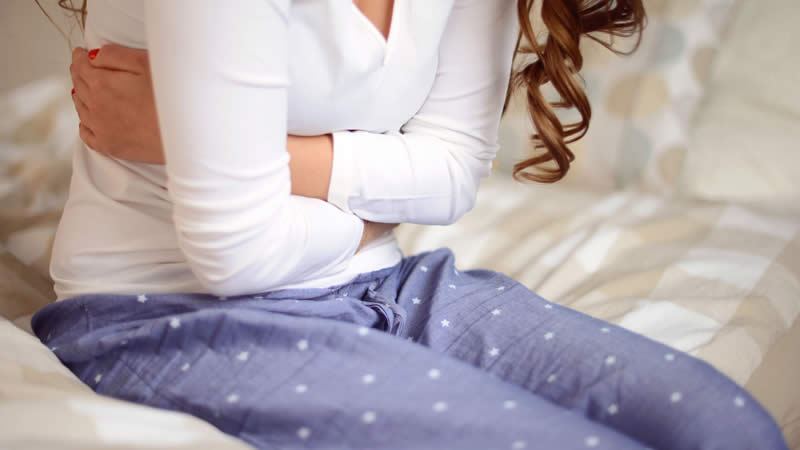Diverticula are small growths, also known as polyps, along the lining of your gut. If these growths don’t cause symptoms, you likely have diverticulosis. On the other hand, if these polyps cause pain, tenderness, swelling, or bloating, you may have diverticulitis, according to Cleveland Clinic.
Diverticulitis is a condition in which the diverticula in your intestines are inflamed or possibly infected, also known as a flare-up. Because these growths are inflamed, changing your diet can make things easier on your digestive tract until things calm down.
The main goal of a diverticulitis diet is to reduce the amount of fiber you eat, which reduces the amount of irritation to the diverticula. If you are having a severe flare-up or need surgery, your doctor may recommend a low-fiber, liquid diet for a day or two. This diet usually consists of clear broth, clear juice (without the pulp), Jell-O, popsicles, and water (per Cleveland Clinic).
Low-fiber foods that can help you heal
The Mayo Clinic recommends a variety of low-fiber foods such as white pasta, white bread, and skinless potatoes for helping calm a diverticulitis flare-up.
You can also eat eggs, fish, poultry, and soft vegetables that are canned or cooked for long enough. Just make sure there aren’t any seeds or skins, as these can cause irritation. Applesauce, ripe bananas, and cantaloupes are also fine, per Cleveland Clinic.
In order to avoid eating too much fiber, you’ll want to avoid whole grains, certain fruits and vegetables, nuts, seeds, beans, and popcorn while your intestines heal.
As symptoms improve, you should slowly add fiber back to your diet. Fiber helps control problems caused by diverticula when you’re not having a flare-up.
According to WebMD, assigned females at birth (AFAB) younger than 51 should aim for 25 grams of fiber in their diet daily. Assigned males at birth (AMAB) younger than 51 should get 38 grams of fiber per day. For AFAB over 51, aim for 21 grams of fiber daily, and for AMAB over 51, aim for 30 grams.



